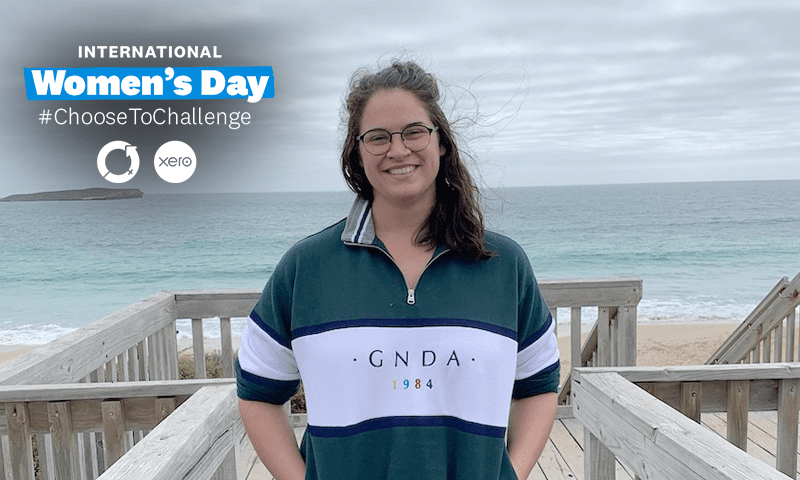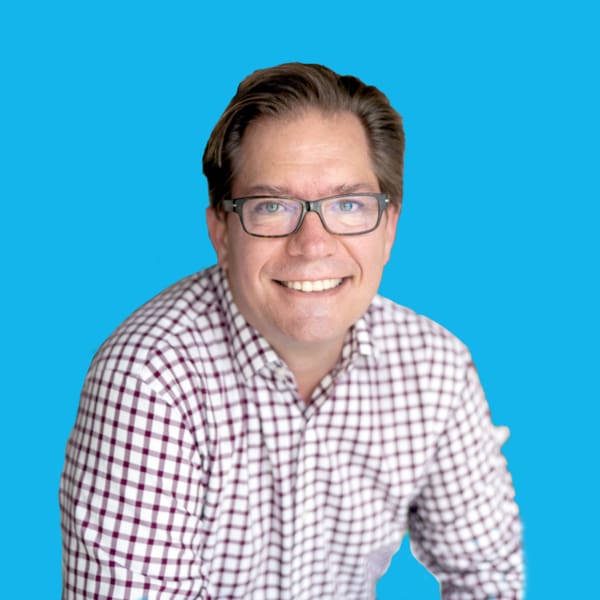
International Women’s Day: The disability worker breaking down bias


Monday marked International Women’s Day – an annual event that honours the many triumphs of women and our progress towards gender parity. While it’s a day to celebrate, it also acknowledges the gaps in equality, and encourages us to take action where we can – which is exactly what this year’s theme, #ChooseToChallenge, is all about.
In this series, we speak to some of the inspiring Australian female-led businesses from the Xero community to learn about the important work they’re doing to lift women up.
It’s said that the strength of our relationships determines our happiness in life. And for Jessica Cutting, her work in the disability care sector is all about helping others build meaningful human connections.
When she was 17, Jessica came out as gay. Since then and throughout her career, she’s noticed an increasing number of queer people with disabilities reach out to her for LGBTQI+-specific support. “That’s when I had the idea to start a safe space for these groups to talk about relationships, and what they want out of life,” she says.
It wasn’t until a loved one became unwell last year that Jessica put her thoughts into action. “After that diagnosis, I had an epiphany – I wanted to be proud of the mark that I left on the world, and to me, that meant helping people,” she shares. Last September, Jessica took action by launching ColourFull Abilities, an organisation that provides care and community support to LGBTQI+ people on the National Disability Insurance Scheme (NDIS).
The NDIS is a government agency that provides funding to those with disabilities, including their families and carers. But Jessica noticed a gap in the support on offer, particularly when it came to emotional wellbeing. That’s where ColourFull Abilities comes in.
She says, “At the heart of our organisation is helping people be proud of themselves – whatever their differences might be.”
Inclusion matters
Jessica’s background has provided her with an in-depth understanding of some of the challenges faced by intersectional LGBTQI+ groups (meaning people that exist within multiple social categories) – one of which is something that we can all work to overcome: barriers to inclusion.
For International Women’s Day, Jessica points out that it’s a time to celebrate all women, including those in the transgender community. She explains, “There’s a lot of conversations around how we can lift women up in society. In saying that, we need to recognise and include everyone in those discussions to be truly progressive.”
“We’re striving for greatness – that’s what International Women’s Day is all about. And every woman deserves to be a part of that mission. We need to be proud of diversity, and accept people for who they are – not just today, but every day,” Jessica adds.
At Xero, when we think about diversity we also think about the importance of belonging – creating an environment where our people truly feel accepted, whoever they are. After all, the power of our differences is what leads to meaningful change, and as Jessica says, that’s something to be proud of.
Challenging prejudice
With this year’s #ChooseToChallenge theme, Jessica says she would like to see more proactive education around gender biases and stereotypes. “I’d encourage everyone to be curious about where these preconceived ideas come from, and consider if they’re constructive to society,” she challenges.
Learning and empathy are two key ingredients in breaking down our personal prejudices, says Jessica. “Don’t be afraid to ask questions of the right people, and seek out resources that challenge you. There are some great organisations, like Headspace (a national youth mental health foundation) and Shine (a not-for-profit sexual health agency) that offer informative workshops and materials on how to best support LGBTQI+ people. It’s not always easy to walk in someone else’s shoes, but when we understand people’s differences, we can empathise – and that’s when change happens,” she adds.
Jessica reminds us that to achieve gender equity, there’s still work to be done – collectively and individually. “It’s about being open-minded enough to recognise how we can be more accepting and kind towards one another,” she says.





